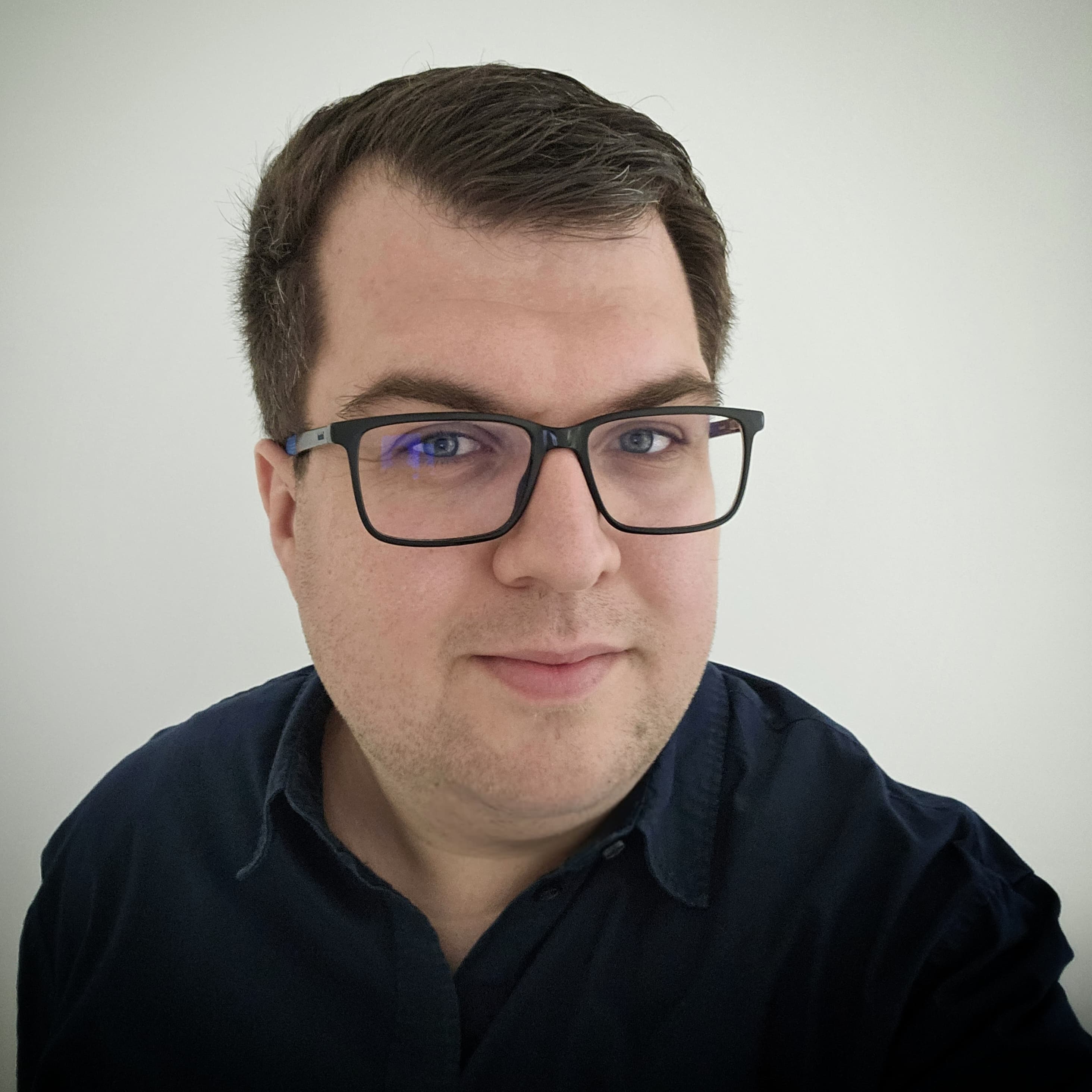
Assistant Prof. Dr.rer.nat. / BSc MSc
Rene Christian Röpke
(Circle Lead)
With the advent of the Internet age, there are a variety of digital technologies, including social media platforms, online learning management systems, augmented and virtual reality tools, and artificial intelligence-equipped educational software (Selwyn, 2017). These technologies have the potential to introduce innovative teaching strategies and learning opportunities that were previously either impossible or difficult to implement (Bower, 2008). For example, they can facilitate collaborative learning, enable personalized instruction, and make education more accessible and engaging (Papert, 1996; Jonassen, 2000).
CTSi//circle.didactics uses an interdisciplinary approach to examine the pedagogical possibilities offered by new technologies in education. Through a combination of literature review, case studies, and empirical research, insights into these issues are provided and a contribution is made to the broader discussion about the role of technology in education in the Internet age (Laurillard, 2013).
The goal of the doctoral program is to identify the challenges of inclusive, meaningful, and effective STEM education and to address them through the innovative possibilities of the computer science/technology and art/art education disciplines.
Financed by CTSi and Land Salzburg, Summer School 21 “Zukunftsland Lungau - Innovation, Gender Arrangements and the Rural Area” took place from 15th to 29th August 2021. Along with content-related learnings regarding these topics on a scientific and practical level, experience was gained on how to run a transdisciplinary and regional Summer School.
Lectures for Future is an interdisciplinary series of lectures that started in the 2019 academic year and is already being offered at ten Austrian universities. In their commitment as Scientists for Future, researchers give insights into their scientific work on the climate crisis, the environment and society.
Interdisciplinarity, that is academic cooperation across disciplinary boundaries, is currently in demand and required from many sides: Research funding is increasingly explicitly directed at interdisciplinary consortia, and the world of work increasingly requires the interweaving of different disciplinary approaches and successful and effective cooperation in diversely composed teams.
The summer schools “Women Create Future in the Countryside” and “Mobile Women - What do they need?” focuses on the global trend of urbanization and defines the educational, research and technology development needs for rural areas.

Assistant Prof. Dr.rer.nat. / BSc MSc
Rene Christian Röpke
(Circle Lead)